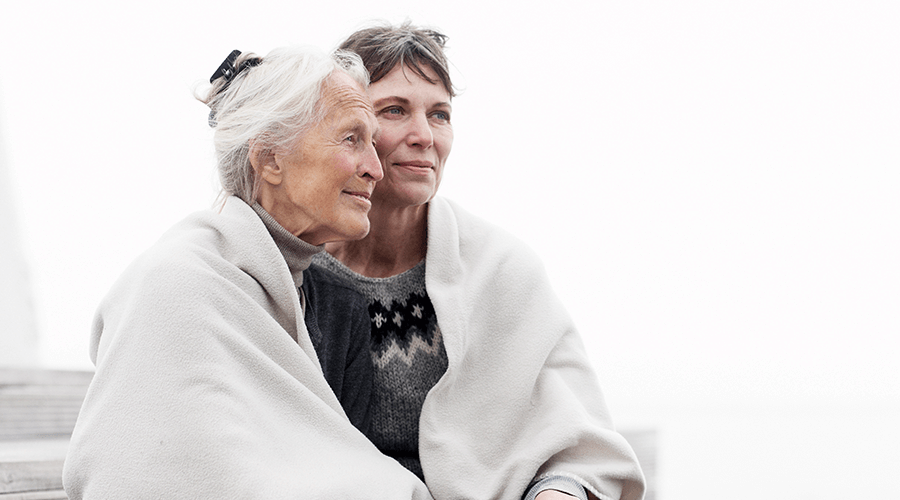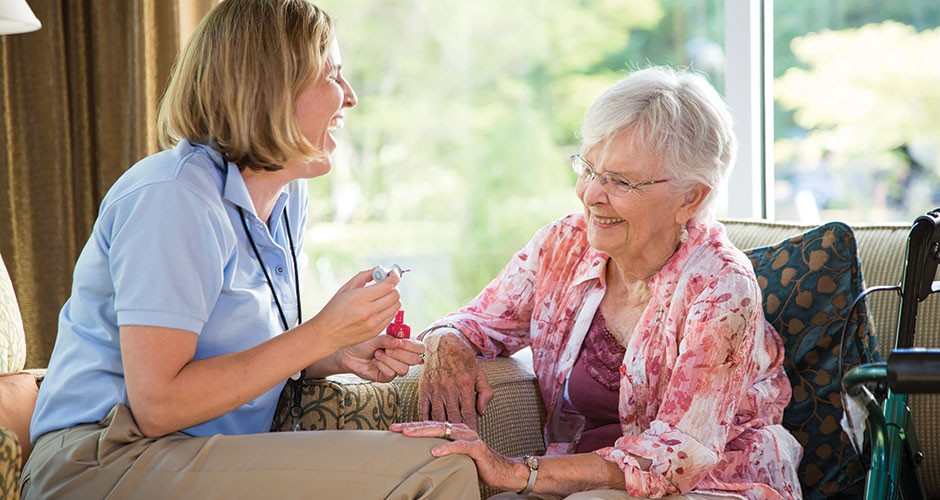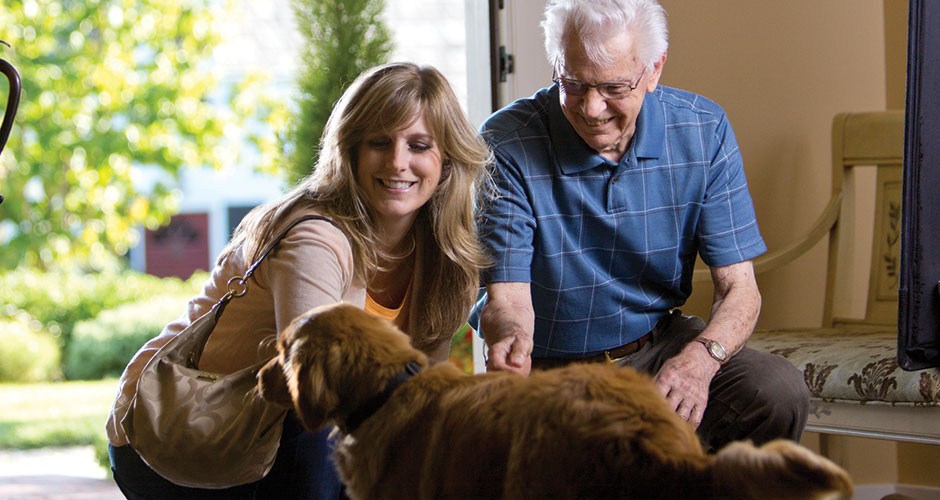You check the mail for mom since you're already at the post office.
You offer to pick up dad's groceries because it’s just easier.
You schedule a follow-up appointment with their doctor, or stop by to mow the lawn or cook a few meals to keep in their freezer.
By helping your parents with daily tasks, you're likely in the beginning stages of caregiving.
Why does it matter if I'm a caregiver?
If you consider it natural to occasionally help out a loved one, it may feel awkward to call it caregiving. But acknowledging the importance of what you do as an informal caregiver can make all the difference in your relationships and your health.
Mom may not be the only one who depends on you, especially if you're sandwiched between caring for your children and parents.
Not preparing for your role can lead to caregiver burnout, which may leave you feeling drained, stressed and overwhelmed. Knowing when to ask for help is key to properly caring for your loved ones and maintaining your well-being.
So what do I do now?
Remember that in order to care for another person, you have to take care of yourself first. Look for ways you can give back to yourself while helping the people you love.
It may also help to know that you are not alone. There are many people just like you.
At the Good Samaritan Society, we’re here for you, no matter what stage of caregiving you’re in or how much help your parent needs.
Explore our resources and services to learn more about caregiving and what your options are. If you need temporary help, we offer respite care to give your loved one short-term, around-the-clock assistance.
If you’re not sure where to start or just want someone to talk to, contact us. We have a team of compassionate people ready to give you support, encouragement and assistance.
Are you a caregiver?
We're here to help.




